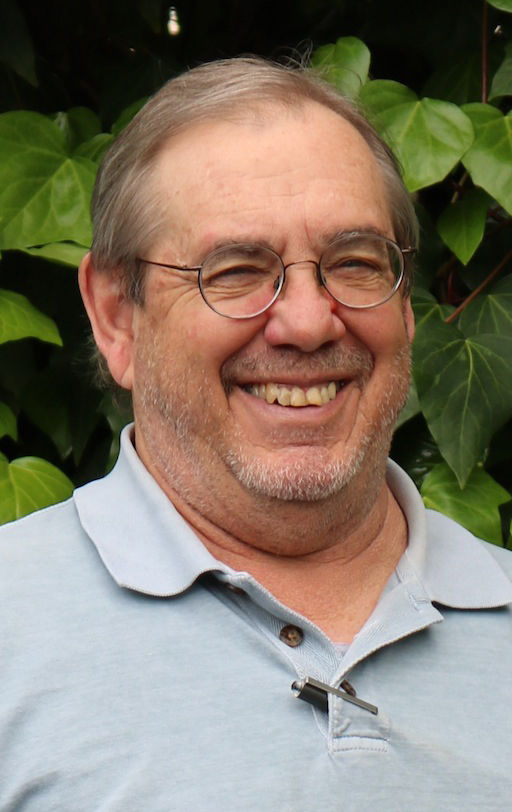In 1966 the movie “The Russians Are Coming, The Russians Are Coming,” was filmed along the local Mendocino-Sonoma coast. In the plot, a lone enemy submarine crashes offshore, igniting a runaway rumor chain that almost leads to a machine gun battle, hostage taking and a U.S. Air Force strike. We can only imagine that if the players in the film all had Facebook and Twitter accounts how much faster the rumors of attack would have flown and how World War III might not have been avoidable.
The movie was a big box office hit, a hilarious farce about the consequences of misinformation, Cold War era bungling and unbelievably gullible crowd behavior.
Of course no such tale could ever happen here. The Russians would never invade us, either with a submarine or by propaganda attacks. Anyway, our intelligence agencies would alert us, posting official messages and blocking the Russians’ attempts to spread false news and excite a mob.
More far-fetched than a submarine wreck gone wrong, who would ever believe the Russians would use our own Facebook and Twitter accounts to sabotage our national election? Apparently, not many Americans would really care.
We all know that the instant communication power of our social media can do lots of good and it can go very wrong. We’ve just lived through two very different examples of this over the Trump-Clinton election hacking by the Russians and the more immediate case where social media was the source of much misinformation during the north bay wild fires.
Facebook and Twitter are very new technologies but the battle between truth and lies, and how crowds behave is very old.
Winston Churchill, Great Britain’s World War II prime minister said, ‘A lie can go around the world before the truth gets its pants on.’ Add the speed of a Twitter account and we have found that the truth has become a perennial underdog.
During the early hours of the Oct. 8 wild fires in Sonoma County, rumors flew that Sutter Hospital had burned to the ground along with the Luther Burbank Center for the Arts. There was a hideous lie from alt-right social media that an undocumented immigrant arsonist started the fires. Many of us repeated the lie on our own social media accounts. There were also countless neighborhood rumors that spread misinformation and crowded out the official reports we all needed to know for evacuation plans and safety advisories.
Beware the power of computer and robot assisted social media. We have let this great new communication invention get ahead of us and it is causing great harm.
Facebook alerts might have saved lives during the wild fires, but the spread of rumors and false alarms could have the opposite effect. How can we take better control of these new tools?
Last week, Congress held a series of hearings with top executives from Google, Facebook and Twitter. Nobody came up with any good answers. The tech giants all tried to protect their billions in profits and individual congressmen suggested making new laws that could lead to mass censorship, loss of privacy and a worse outcome.
Many fear that profit-driven lies will always defeat the benevolent truth. Russian hackers, political operatives and commercial marketers will continue to divide and polarize the rest of us. We have trapped ourselves in online echo chambers where many express anger and hatred and invent our own fake news.
Information overload numbs our attention spans and we can’t cope with difficult questions or challenging truths.
The concept of “common knowledge” may no longer exist in many parts of our society. Sometimes we can’t even trust the news that a wild fire is heading our way — or that the Russians are not coming because they are already here.








